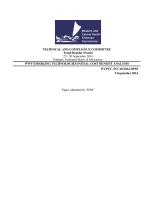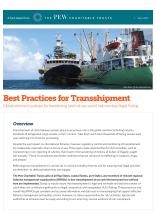Download
This study builds upon the March 2014 WWF Emerging Technologies Workshop which held a goal to
help FFA Member countries better understand the existin...
help FFA Member countries better understand the existin...
Publication Year
2014
Topics
Language

